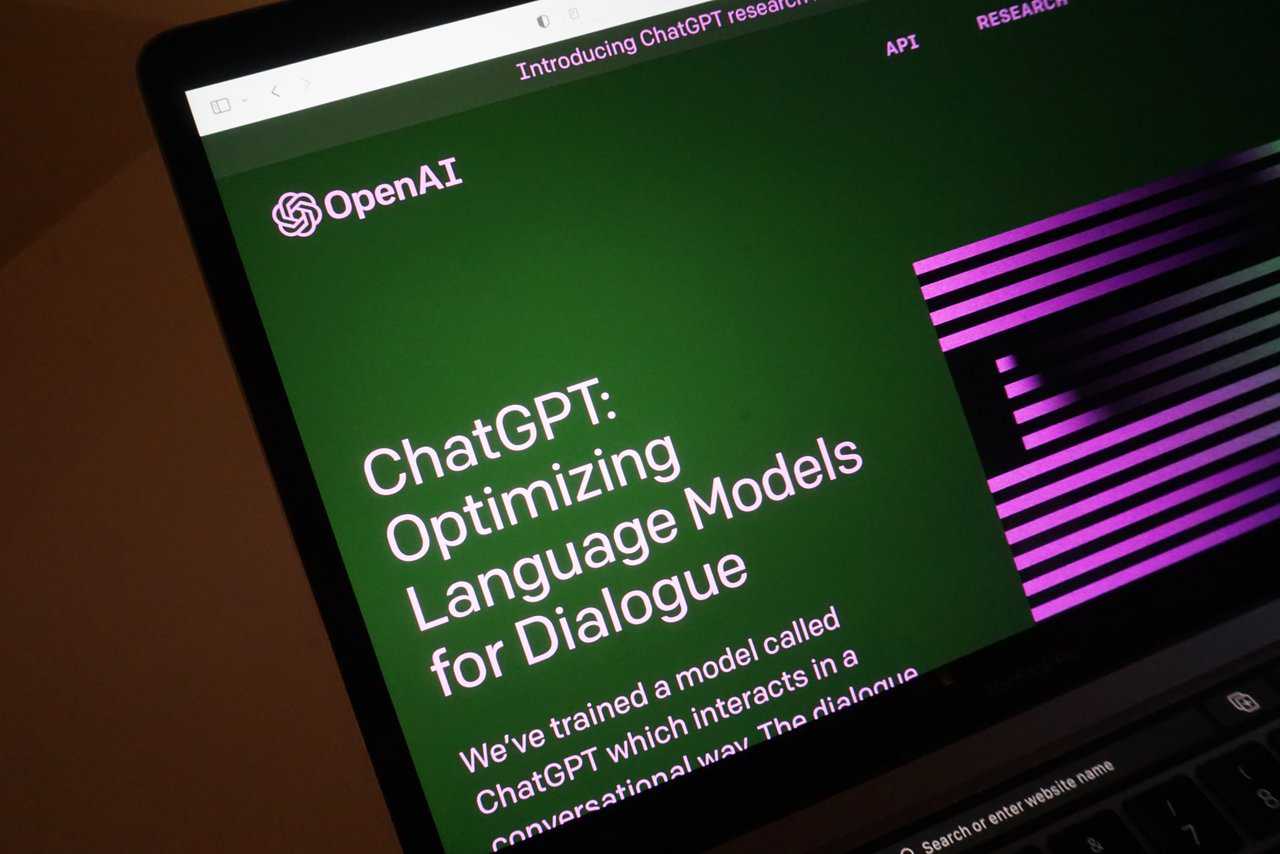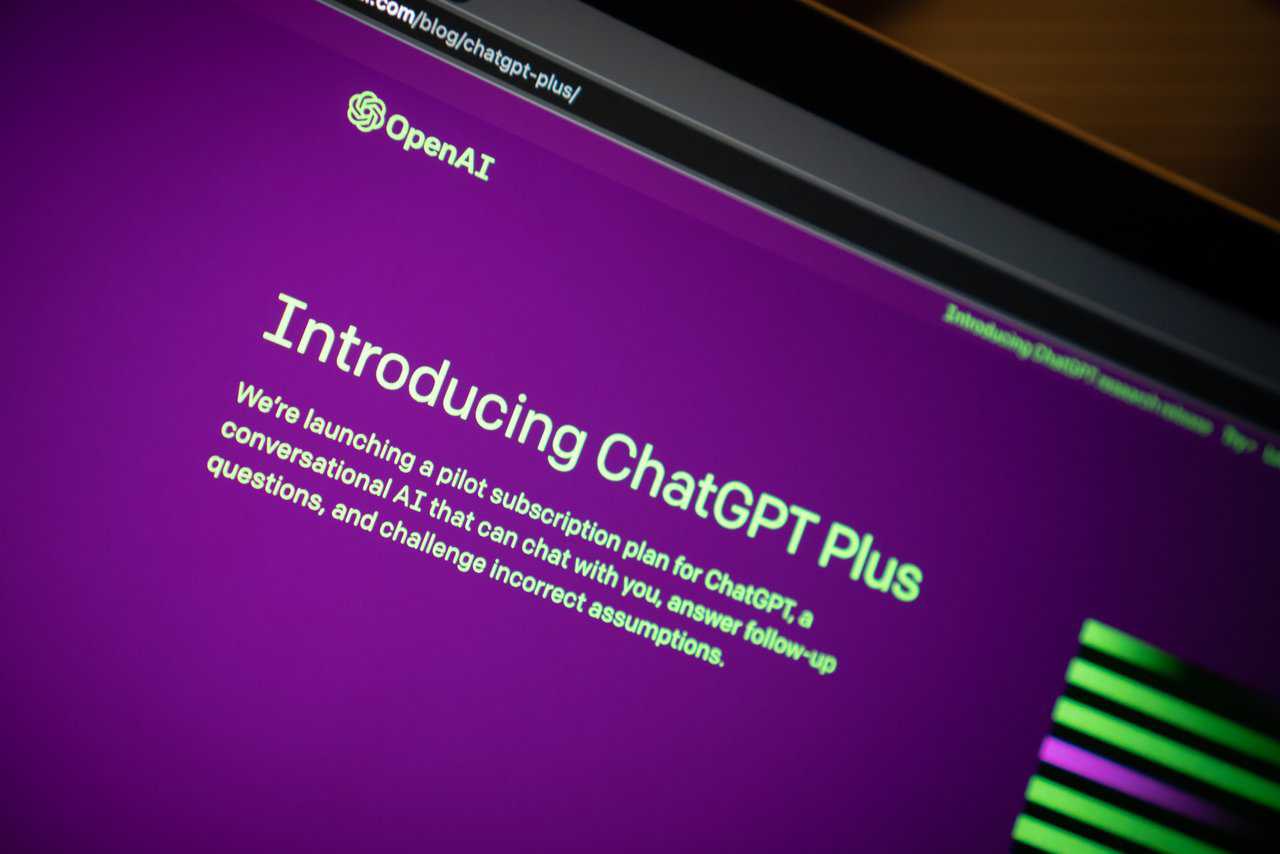My main goal at Tidy Repo is to protect you from all the problems that…
ChatGPT, developed by OpenAI, has gained significant attention for its remarkable language generation capabilities. As an advanced language model, users often wonder if ChatGPT can be extended with plugins to enhance its functionality. In this article, we will delve into the concept of plugins for ChatGPT and explore its current capabilities and potential for plugin integration.

Understanding ChatGPT’s Architecture
ChatGPT operates as a standalone language model and does not have a built-in plugin system like the ones commonly associated with platforms such as WordPress. It is primarily designed to generate text based on the input provided by users. You can install ChatGPT as a plugin to the WordPress website.
Limitations of Plugin Integration
While ChatGPT does not have native plugin support, it is worth noting that OpenAI has released an API that allows developers to integrate ChatGPT into their own applications. This API enables developers to build custom applications and interfaces around the ChatGPT model, potentially providing a way to extend its functionality through external plugins.
However, it is important to acknowledge the limitations and challenges associated with plugin integration for ChatGPT:
1. Model Access and Integration
Integrating external plugins with ChatGPT requires access to the underlying model and the ability to modify its behavior. Currently, OpenAI’s API provides access to ChatGPT’s response generation capabilities, but the ability to extend or modify the model’s behavior is limited.
2. Model Training and Adaptation
Training a language model with plugins would require specific training data and fine-tuning to incorporate the functionality of the plugins. As of now, ChatGPT’s training is focused on AI generating human-like text based on a broad range of internet sources, rather than specific plugin features.
3. Security and Quality Control
Introducing plugins into ChatGPT would require careful consideration of security and quality control measures. Ensuring the safety and reliability of external code within the model is crucial to maintain the integrity of the generated text.

4. Compatibility and Support
With plugins, ensuring compatibility between the model, plugins, and the underlying infrastructure becomes essential. Managing dependencies, updates, and maintaining support for a diverse range of plugins would be challenging.
The Potential for Future Plugin Integration
While ChatGPT does not currently have native plugin support, the field of AI and natural language processing is rapidly evolving. It is plausible that future iterations of ChatGPT or similar language models may explore plugin architectures or customizable modules to enhance functionality and integration capabilities.
These advancements could enable the creation of plugins specifically designed to extend ChatGPT’s abilities, such as incorporating domain-specific knowledge, supporting additional languages, or integrating with external APIs to provide real-time data or context-specific responses.
At present, ChatGPT does not have built-in plugin support. The model’s architecture and training focus on generating human-like text based on a wide range of data sources. While the current version of ChatGPT does not inherently accommodate plugins, the OpenAI API allows developers to build custom applications around the model, potentially providing a way to extend its functionality.
As the field of AI progresses, future iterations of ChatGPT or similar language models may explore plugin architectures or customizable modules, paving the way for enhanced integration capabilities and plugin support. However, addressing challenges related to security, quality control, compatibility, and support will be crucial for successful plugin integration.
In summary, while ChatGPT does not currently support plugins, its robust language generation capabilities offer valuable opportunities for developers to create custom applications and interfaces that can enhance its functionality and integrate with external systems and services.






